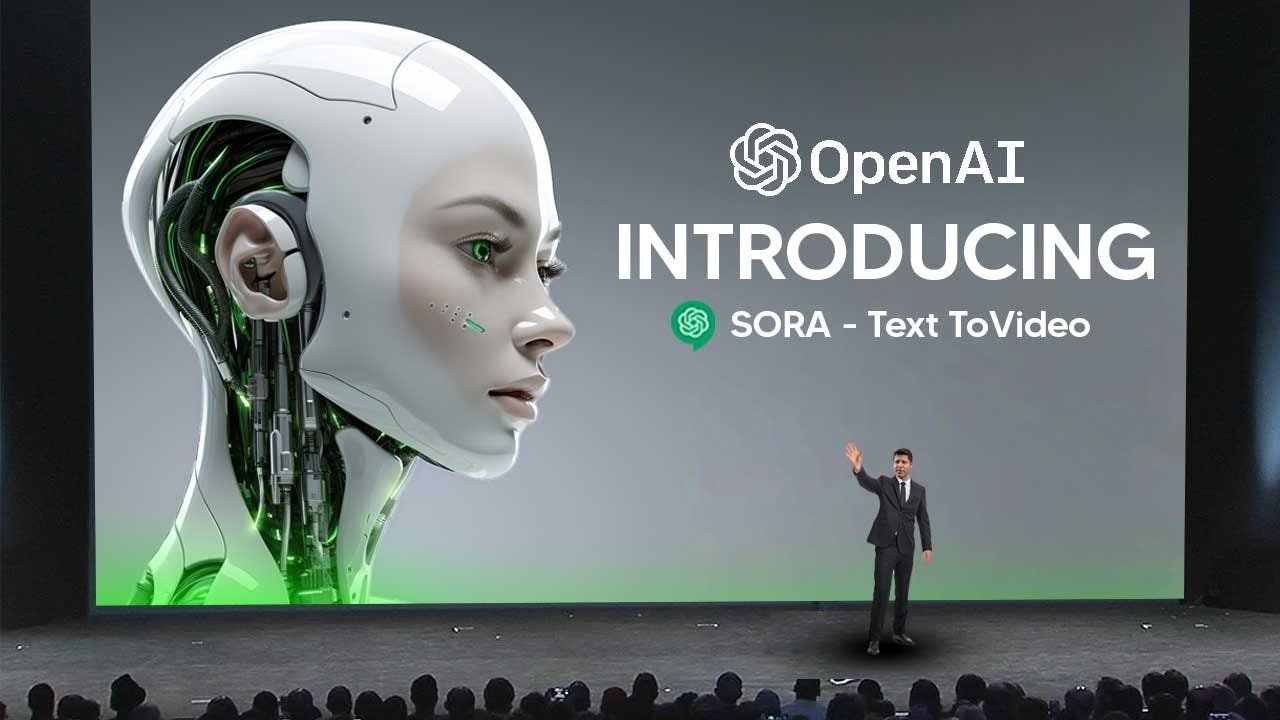OpenAI has introduced a groundbreaking artificial intelligence system named Sora, capable of turning text descriptions into highly realistic videos up to 60 seconds long. This technological marvel draws upon OpenAI’s established prowess in generative AI, including the renowned DALL-E and GPT models, to set a new benchmark in video generation. However, alongside its potential to revolutionize content creation, Sora has sparked concerns regarding its ability to fabricate deepfake videos, escalating the risks of misinformation and disinformation, especially in a globally pivotal election year.
Key Highlights
- Sora demonstrates an unparalleled ability to generate photorealistic videos from text prompts, with applications ranging from entertainment to potential misuse in creating deepfakes.
- It leverages advanced AI techniques, including diffusion models and transformer architecture, to achieve high levels of realism, though with some detectable errors in complex scenes.
- OpenAI is conducting thorough “red team” testing with domain experts to address potential misuse in misinformation, hateful content, and bias before Sora’s public release.
- Concerns are raised about Sora fueling propaganda, bias, and a “liar’s dividend,” where the authenticity of real audio or video content is questioned, complicating the battle against misinformation.
Understanding the Concerns and Safeguards
Experts worry that the impressive capabilities of Sora might contribute to the proliferation of misinformation and enable the creation of highly convincing fake content, challenging the public’s ability to discern reality. This situation is exacerbated by the potential for AI-generated videos to affirm or introduce biases, with the underlying training data reflecting societal prejudices. OpenAI acknowledges these risks and has implemented several safeguards, including moderation of video prompts and a detection classifier to identify Sora-produced content, alongside a recognizable digital watermark.
Challenges in Moderation
Moderating AI-generated content is a complex issue. While human moderators and automated systems exist, they may not effectively catch nuanced, synthetically generated content, especially as the technology improves.
OpenAI has acknowledged the potential ethical concerns of Sora but hasn’t publicly released detailed plans on how they will address these issues. The company has a history of grappling with the potential misuse of its technology – similar concerns arose with its image generation model, DALL-E.
Call for Proactive Measures
AI ethics experts are urging OpenAI to be proactive in developing robust systems to prevent the misuse of Sora. This could include technical safeguards, clear usage guidelines, and collaboration with experts in content moderation.
“It’s not about stifling innovation,” Dr. Bender emphasizes, “but about ensuring that powerful AI tools are developed and released with societal risks carefully considered.”
The emergence of Sora raises essential debates about the ethical use of AI in content creation, the responsibilities of developers and users, and the mechanisms society must develop to navigate the evolving landscape of digital authenticity. As Sora continues to evolve and eventually becomes accessible to a wider audience, its impact on journalism, entertainment, and information dissemination will be significant and multifaceted, demanding continued vigilance and innovation in digital literacy and security measures.







